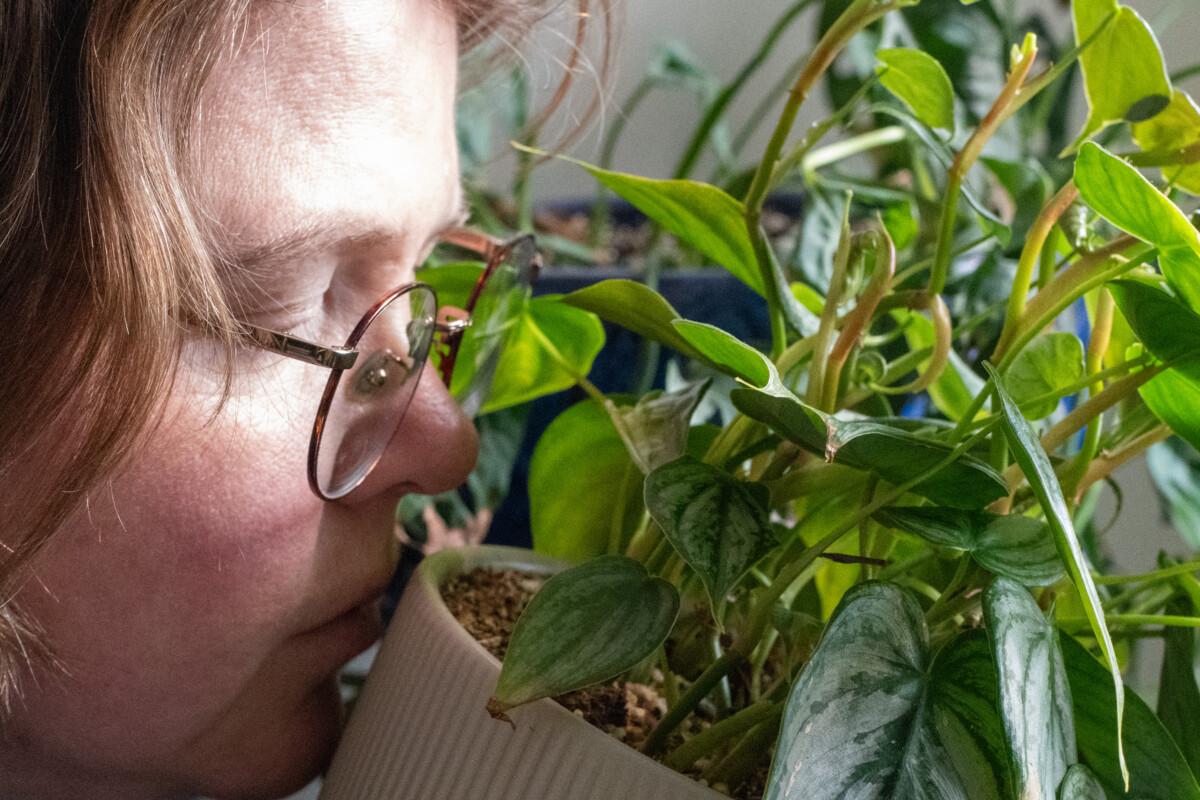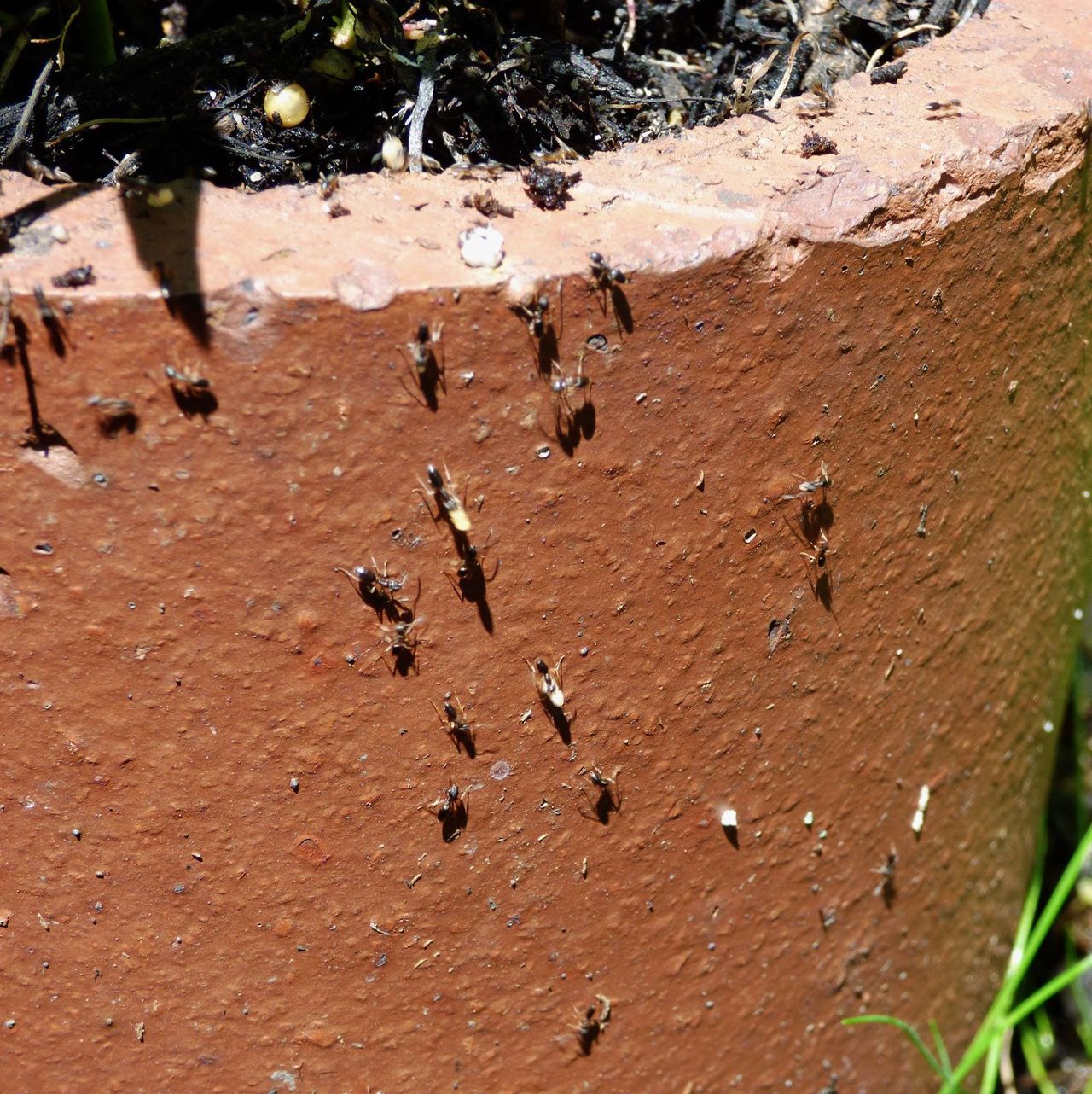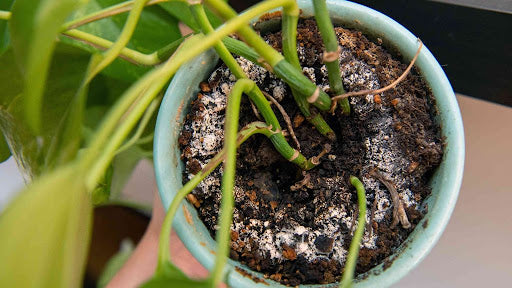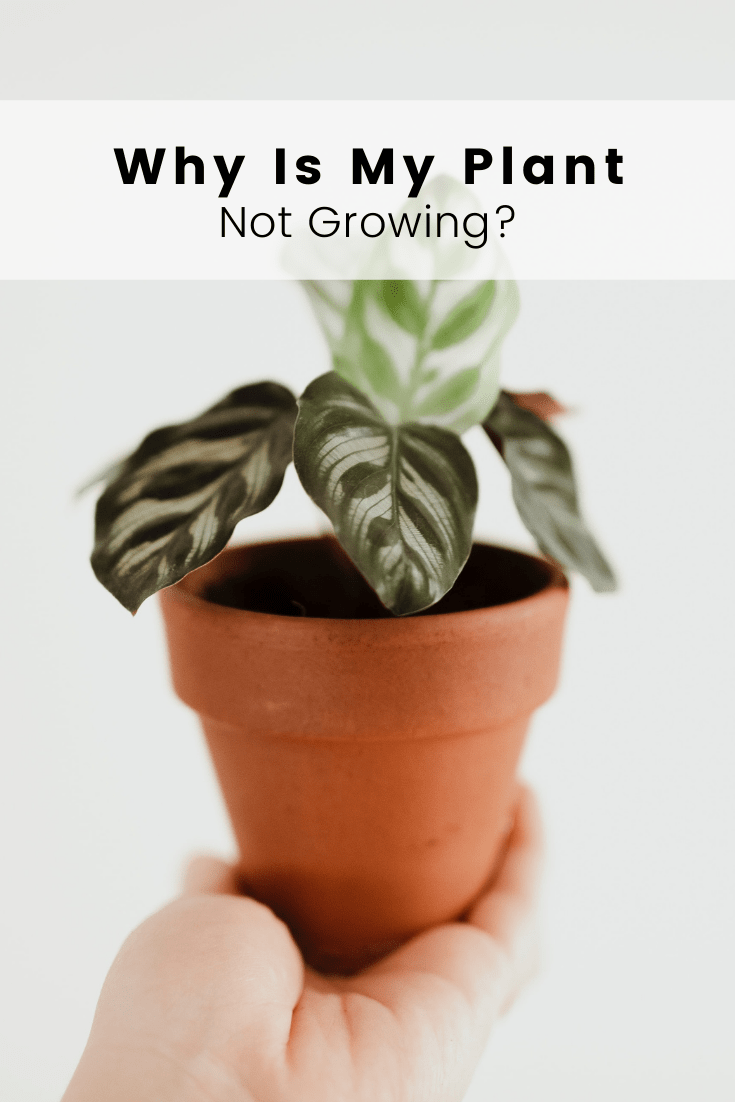Why does my plant have an odd smell?
Have you ever noticed a strange odor emanating from your houseplants? While plants are known to bring freshness and beauty to any space, sometimes they can also produce unusual or unpleasant smells. If you’ve been wondering why your plant has an odd smell, you’re not alone. There are several reasons why this might be happening, and understanding the underlying causes can help you address the issue effectively.
1. Watering issues
One of the most common reasons for plants to develop a strange smell is overwatering. When plants are watered too frequently or if they are sitting in waterlogged soil, it can lead to root rot. As the roots decay, they can emit a foul odor that can permeate the entire plant. To prevent this, make sure to water your plants only when the top inch of soil is dry and ensure that the excess water can drain properly.
2. Poor ventilation
Another common reason for smelly plants is poor ventilation. If your plants are kept in an area with limited airflow, it can create a stagnant environment that is conducive to the growth of mold, mildew, and bacteria. These microorganisms can produce unpleasant smells that can affect the overall freshness of your plants. To improve ventilation, consider moving your plants to a more airy location or using a fan to promote air circulation.
3. Pest infestation
Pests such as fungus gnats, spider mites, and aphids can also contribute to the strange odors coming from your plants. These insects can damage the plant tissues, leading to rot and decay that can produce foul smells. Inspect your plants regularly for any signs of pest infestation, and take appropriate measures to eliminate them. You can use natural remedies or insecticidal soaps to keep pests at bay and prevent them from causing further damage.
4. Poor soil quality
The quality of the soil can also play a significant role in the smell of your plants. If the soil is too compacted or lacks proper drainage, it can lead to waterlogging and root rot. Additionally, if the soil is depleted of nutrients or contains harmful chemicals, it can affect the overall health of the plant and produce unpleasant odors. Consider repotting your plant in fresh, well-draining soil to improve its health and eliminate any strange smells.
5. Disease or infection
Plants can also develop diseases or infections that can cause them to emit unusual odors. Fungal infections, bacterial diseases, and viral pathogens can all lead to rotting, wilting, and discoloration of the plant tissues, which can produce foul smells. If you suspect that your plant is sick, isolate it from other plants to prevent the spread of the disease and treat it with appropriate fungicides or antibiotics. Proper care and maintenance can help your plant recover and regain its health.
6. Natural plant odours
Lastly, it’s essential to remember that some plants naturally emit odors as part of their growth process. Plants such as snake plants, jasmine, and certain types of orchids are known for their fragrant blooms, while others like skunk cabbage and corpse flowers have a distinct and pungent smell. If you have a plant that is known for its unique odor, there’s likely nothing wrong with it – it’s just part of its natural characteristics.
In conclusion, there are several reasons why your plant may have an odd smell, ranging from watering issues and poor ventilation to pest infestations and soil quality. By understanding the underlying causes of the strange odor, you can take the necessary steps to address the problem and help your plant thrive. With proper care and attention, you can ensure that your plants not only look beautiful but also smell fresh and pleasant.
Remember to observe your plants regularly, provide them with the right amount of water and sunlight, and keep them in a well-ventilated area to prevent any unwanted smells from developing. With a little bit of effort and TLC, you can enjoy a healthy and fragrant indoor garden that will brighten up your living space.



